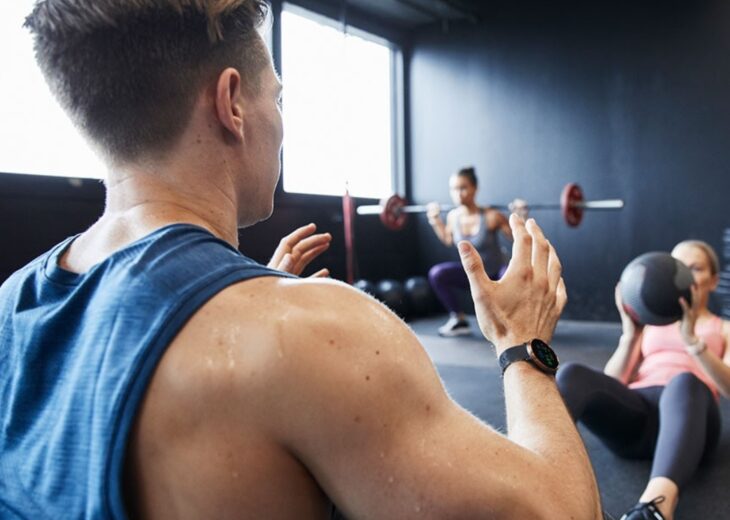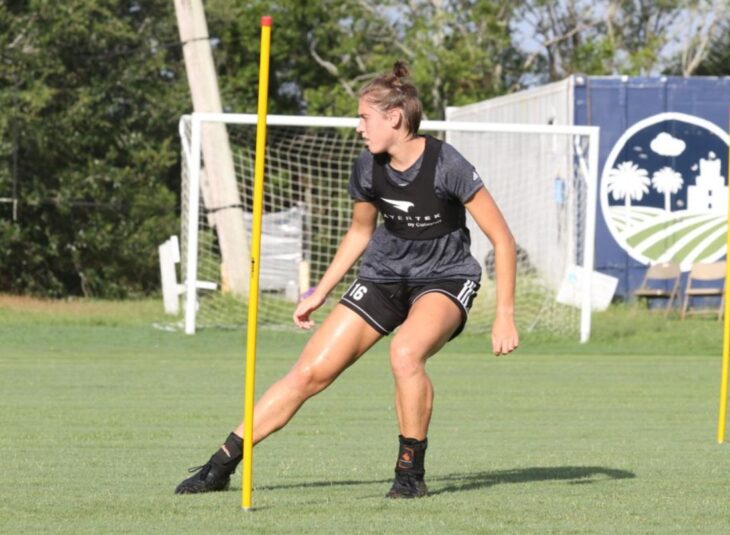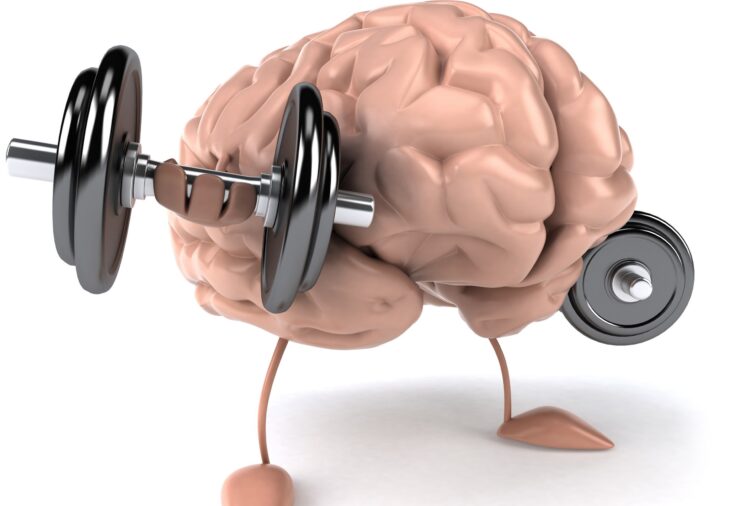Running is a fantastic sport whether you do it to maintain your physical fitness or professionally. It is a cheap sport, it doesn’t require learning a set of complicated rules, and you only need your legs and determination to achieve the highest performance. But all these benefits can quickly fade after covering a couple of kilometers during your run, and you are gasping for breath, wondering how much more you have to cover.
Thankfully, improvements in training methodologies and technology make improving your athletic performance more manageable than ever. So, where should you start? Here are some proven practices you can integrate into your training routine to improve performance.
Contents
1. Vary your functional exercises

Source: polar.com
For many athletes achieving high peak performance is the ultimate goal but functional exercises come in handy. They are a vital foundation and should be part and parcel of your workout routine. Always keep in mind that enhancing your athletic performance is not only about covering more kilometers during your run or sprinting at a higher speed. It is also about improving your response time, muscle strength, and mental prowess.
Performing some functional exercises in the gym or field allows you to switch up things to ensure that your body is in shape for the primary training. The goal here is to work out the muscles you will be using during the game. It also conditions your body to react in different situations and avoid injuries. When your body gets used to that stimulation, it goes a long way in improving your athletic performance.
2. Monitor and measure your performance

Source: postandcourier.com
Whether you invest in wearables or jot down some notes after every performance, the critical thing here is to track and measure your performance so that you strategize on improving. The data will serve as an excellent motivator enabling you to track every little improvement or slow down in your workout.
But monitoring your performance is not enough; you also need to set small achievable goals if you want to improve. For instance, you can use fitness watches to continuously record different training parameters. The most important thing is to measure your running distance, heart rate, time, exercise reps, and more. Enter the data into your phone or computer, and you can analyze it better.
It is also uncommon to see athletes wearing high-tech vests that monitor their motion during training. Even coaches recommend these wearables to assess the working of your muscles and modify your workouts accordingly.
3. Take enough time for recovery

Source: recoverypt.com
Your recovery is just as vital as the training itself. Remember that your muscles need enough time to heal to prevent injuries. Every time you train, your muscles get fatigued and experience tiny tears and wear; therefore, recovery is crucial for building and getting stronger. Not giving yourself enough time to recover only leads to muscle injuries, preventing you from reaching your peak performance.
Moreover, allowing yourself enough time to recover replenishes your lost energy. The carbohydrates in your body give muscle glycogen which is your body’s energy source during training. The recovery phase allows your body enough time to replace the muscle glycogen supply for your next workout.
There are many ways to recover, including rest or skipping some muscle workouts before pushing them further. If you don’t like the idea of missing a workout for some days, you can skip intense cardio for some days to allow your muscles to heal.
Besides, a few stretches can keep the muscles active to prevent muscle tightness and joint stiffness. A massage also goes a long way to realign your muscle tissues, reduce inflammation and enhance your circulatory system.
4. Train your brain

Source: pinterest.com
‘The brain is the strongest body muscle.’ While it is not literary a muscle, there is a lot of truth in the saying. Training your brain is the most important thing you can do t improve your athletic performance. Sports and athletic performance are not only about working out your muscles. Many sports, including running, rely heavily on your mental performance.
Cognitive performance exercises improve your response times, visual accuracy, and memory. Thanks to technology, there is a wide range of sports vision training tools available thanks to technology, and combined with the ability to track your performance, you have the best tools at your disposal to improve your performance.
5. Fuel your body appropriately

Source: medium.com
The easiest way to improve your athletic performance is to fuel your body appropriately. Surprisingly, it may only take a change in your diet to improve your athletic performance, and that is eating the right food at the right time. When you wake up in the morning, normalize supplying your body with plenty of healthy carbs, proteins, and fats rather than sugary cereals and unhealthy snacks.
Eating a heavy breakfast in the morning gives your body the much-needed energy to start the day while also fueling your muscles for any workout. When planning your meals, ensure you avoid simple sugars and carbs and opt for complex carbs like corn syrup. Complex carbs are broken down quickly, giving you a quick energy boost.
You should also hydrate adequately during training and non-training days. Your body loses more fluids when working out, and it is recommended that you drink 20-40ounces of water per hour when training.
6. Consider incorporating supplements into your diet

Source: Bulletproof.com
At times, you cannot get all the macronutrients you need to improve your training in meals alone, and there is no shame in supplementing. Research has shown that CarnoSyn® helps delay muscle fatigue and enhance endurance during athletic performance. Beta-alanine is one of the primary ingredients used to form carnosine stored in your muscles.
The carnosine acts as a buffer against muscle acidosis, the main cause of fatigue during workouts. Since beta-alanine is limited in the body, supplementing it results in high carnosine levels increasing your performance and endurance. Supplements are a great way to ensure that your body performs as it should and has all the nutrients to facilitate that.
Parting shot
Improving your athletic performance is all about the simple proven practices you can incorporate into your routine. Fuel your body appropriately, hydrate, vary your workouts, and track your performance.
